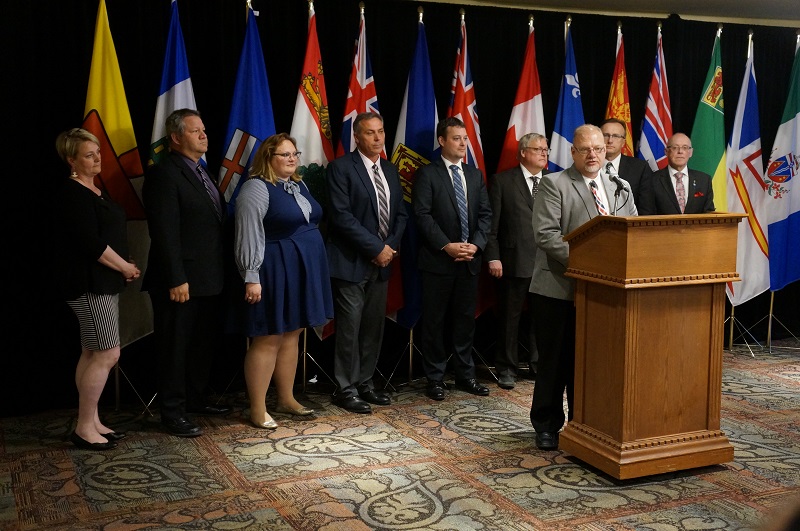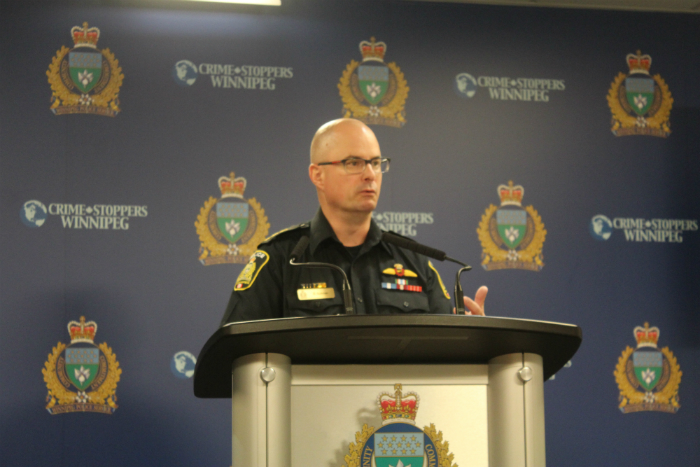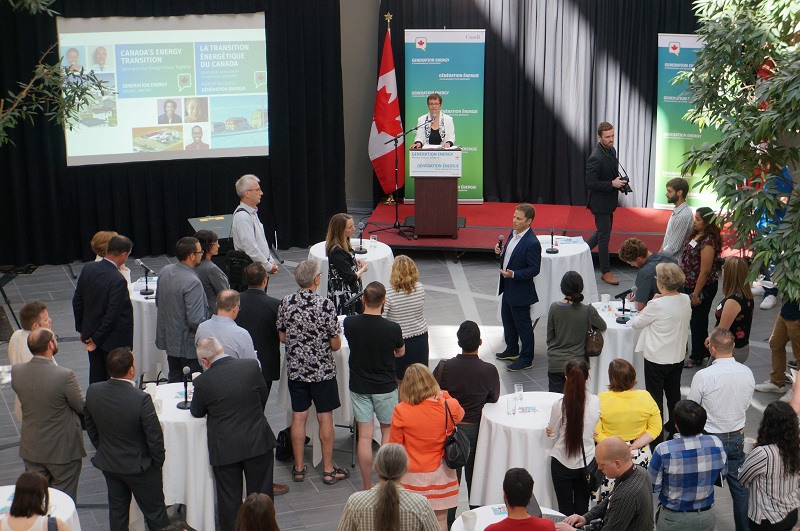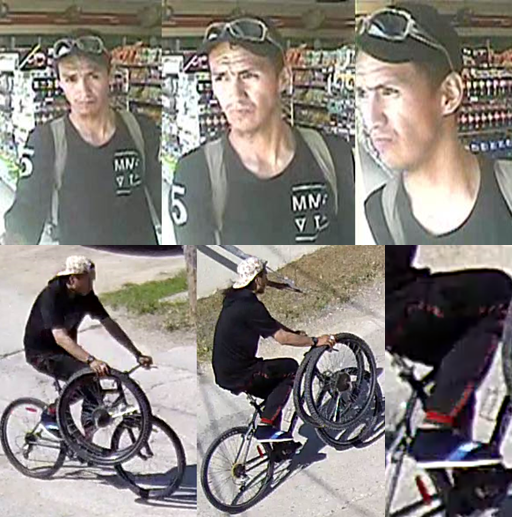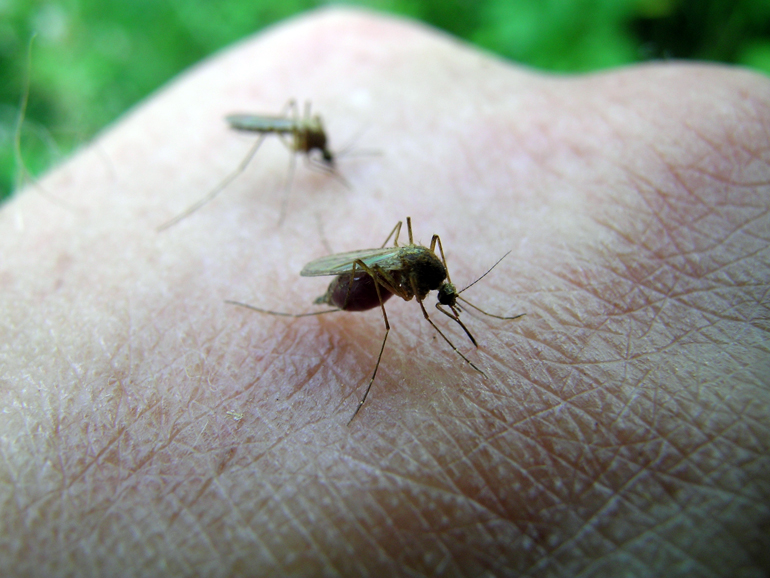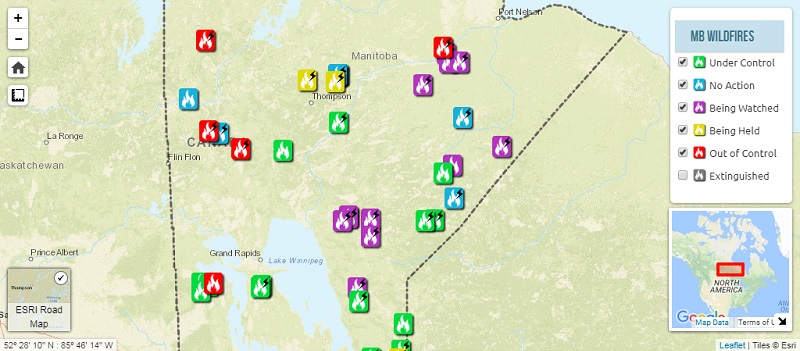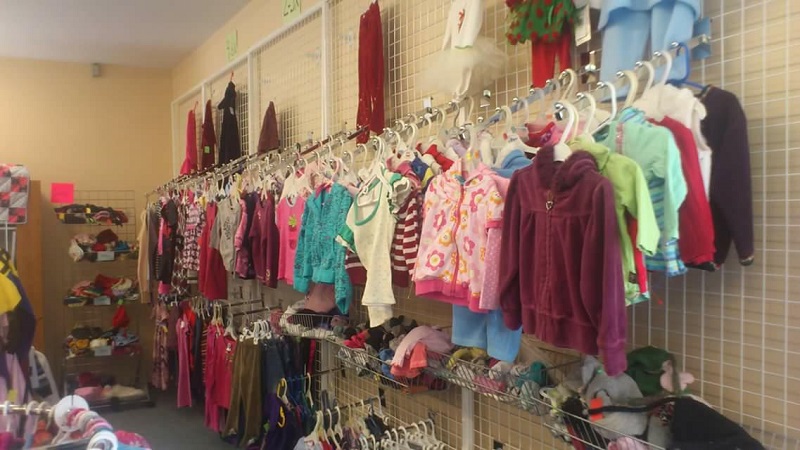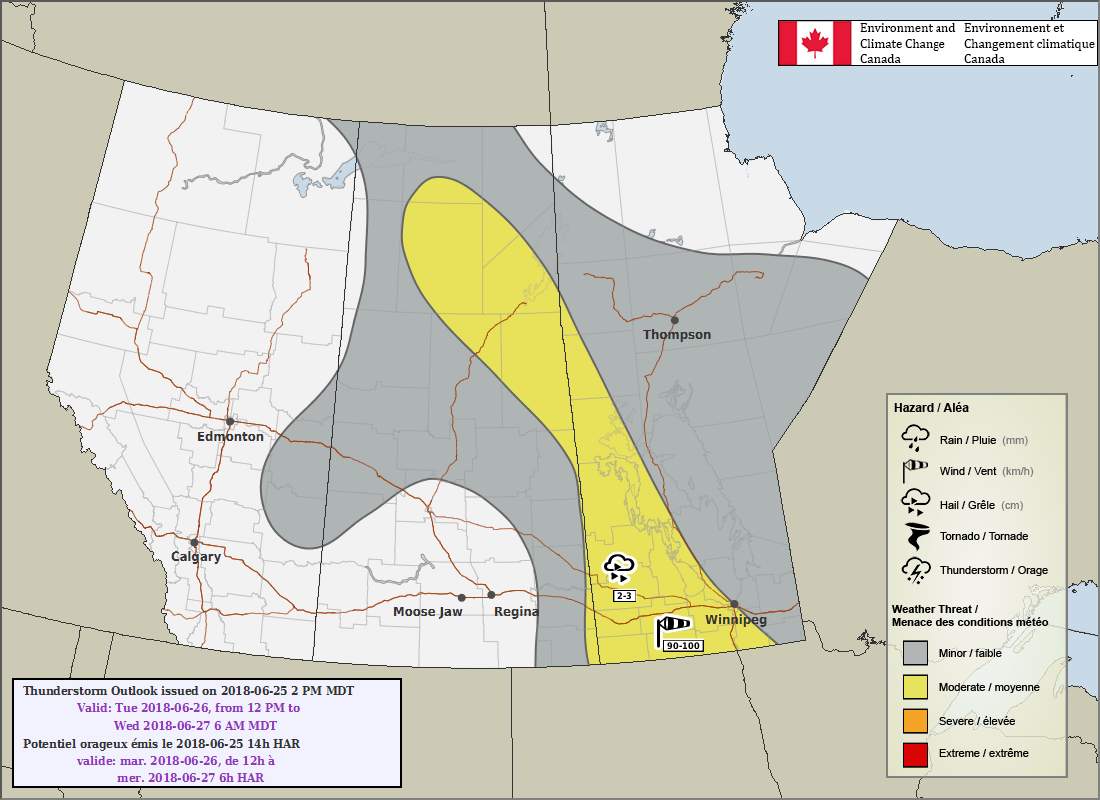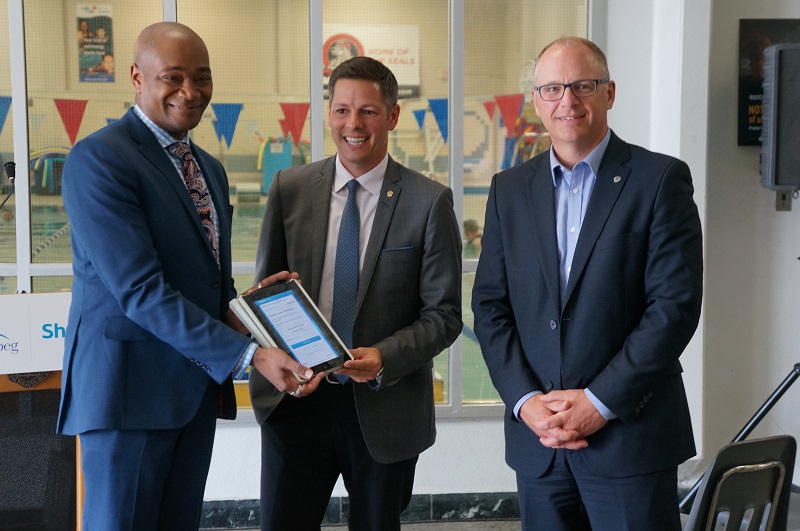National News
Ontario premier urges Carney to maintain tariff on Chinese EVs despite canola levy
Canada needs to maintain its 100 per cent tariff on Chinese electric vehicles, Ontario Premier Doug Ford said in an open letter to Prime Minister Mark Carney on Wednesday. Ford said the measure is critical to securing a trade deal with the U.S. and protecting Canada's auto sector. "If the federal government removes its tariffs against Chinese-made EVs, you will contradict and undermine months of engagement with U.S. officials and lawmakers about the need to protect and enhance our highly integrated cross-border automotive supply chains," Ford writes. Ford said the tariff protects 157,000 jobs and the $46 billion the Ontario and federal governments have invested in developing Canada's electric vehicle and battery supply chains since 2020. Canada implemented the 100 per cent tariff on Chinese EV imports in October 2024, matching the decision by former president Joe Biden whose promise of a 100 per cent tariff took effect in late September 2024. The federal government justified the tariff by accusing China of unfairly subsidizing its EV industry and overproducing vehicles to flood markets with cheaper cars. China described the tariff as a "protectionist" move that harms China-Canada trade relations. Carney met with Saskatchewan Premier Scott Moe on Tuesday to talk about China's tariffs on Canadian canola — widely seen as a retaliatory measure triggered by the electric vehicle tariff. China charges a 76 per cent tariff on Canadian canola seed imports and a 100 per cent tariff on canola oil, meal and peas. China also put a 25 per cent tariff on certain Canadian pork, fish and seafood products. Moe recently travelled to China with Carney's parliamentary secretary Kody Blois to discuss the trade dispute. Speaking after his meeting with Carney, Moe said that the solution to the Chinese tariffs is not as simple as getting rid of the EV tariff, because it was imposed in lockstep with the U.S. "Through dialogue and discussion, not only with the United States of America and China, it's incumbent on us to support the federal government in finding a path forward that works for all Canadians," Moe said. Ford does not mention the canola tariff in his letter to Carney. After Mexico did not join its North American partners in tariffing Chinese electric vehicles last year, Ford suggested that Canada try to negotiate a bilateral trade deal with the U.S. Mexican President Claudia Sheinbaum last week announced tariffs of up to 50 per cent on 1,400 products from China and other Asian nations, including automobiles. While Mexico is also subject to U.S. tariffs, Sheinbaum said these levies are not a result of pressure from the U.S., but a means of encouraging domestic production. Ford said in the letter that Canada risks "isolating" itself in the North American market if it removes Chinese EV tariffs now. After the weekly Liberal caucus meeting Wednesday, International Trade Minister Maninder Sidhu said the finance department is reviewing the electric vehicle tariff. Sidhu added he's been invited by Saskatchewan's trade minister to take part in a future trade mission to China and is "strongly considering" the invitation. This report by The Canadian Press was first published Sept. 17, 2025. —With files from The Associated Press.








